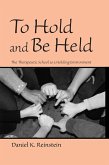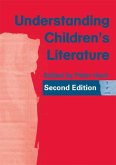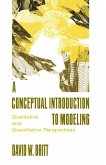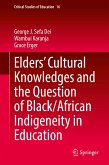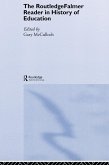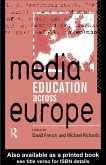Although philosophers have been pontificating on education and pedagogy since ancient times, Victorian thinker Herbert Spencer's ideas about education proved to be instrumental in helping to shape modern thinking about teaching and learning. The four essays collected in this volume were particularly influential in helping to define the liberal arts curricula that would take hold in the late nineteenth and early twentieth centuries. A must-read for educators, homeschooling proponents, or anyone interested in learning processes.
Dieser Download kann aus rechtlichen Gründen nur mit Rechnungsadresse in A, B, BG, CY, CZ, D, DK, EW, E, FIN, F, GR, HR, H, IRL, I, LT, L, LR, M, NL, PL, P, R, S, SLO, SK ausgeliefert werden.



